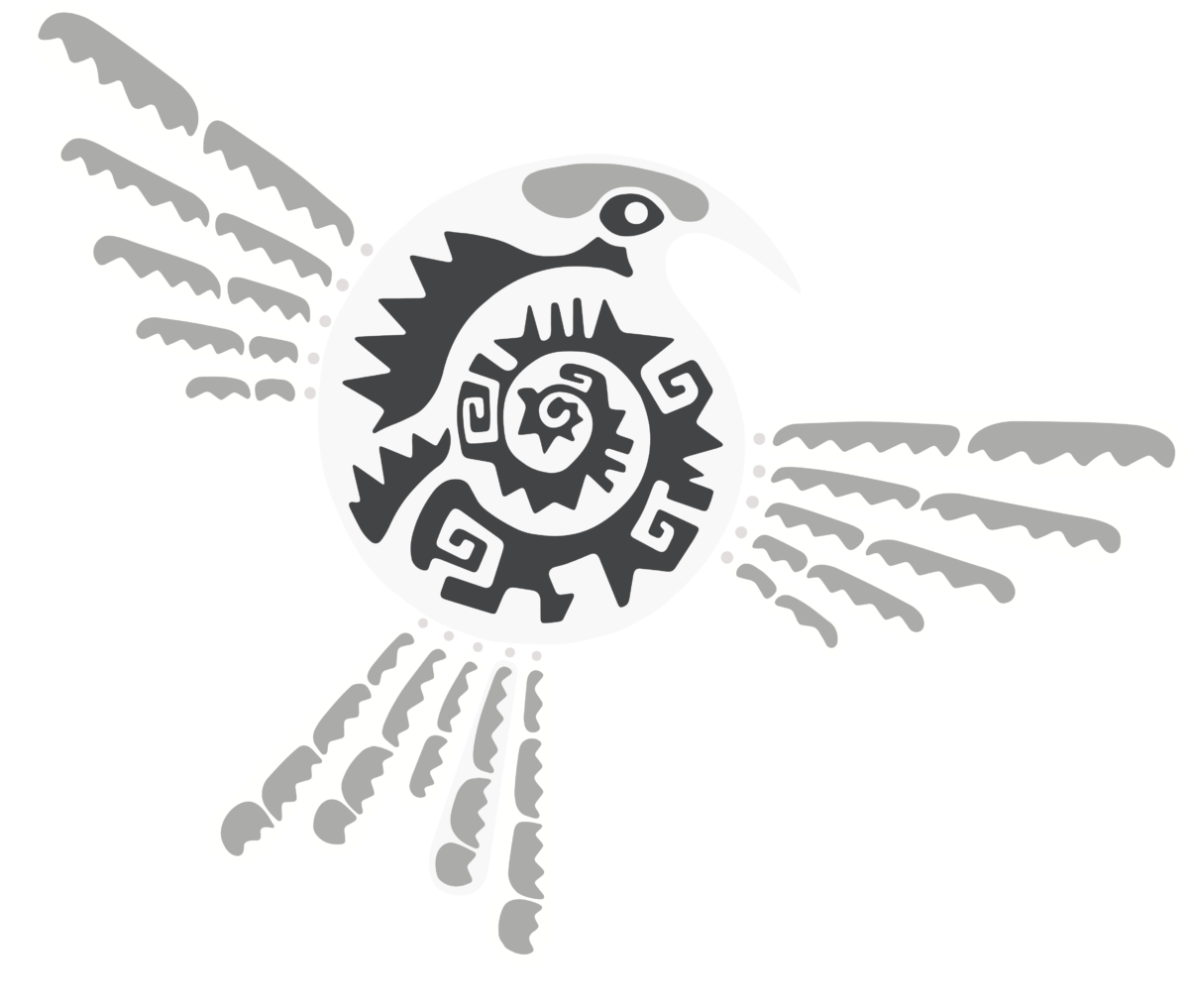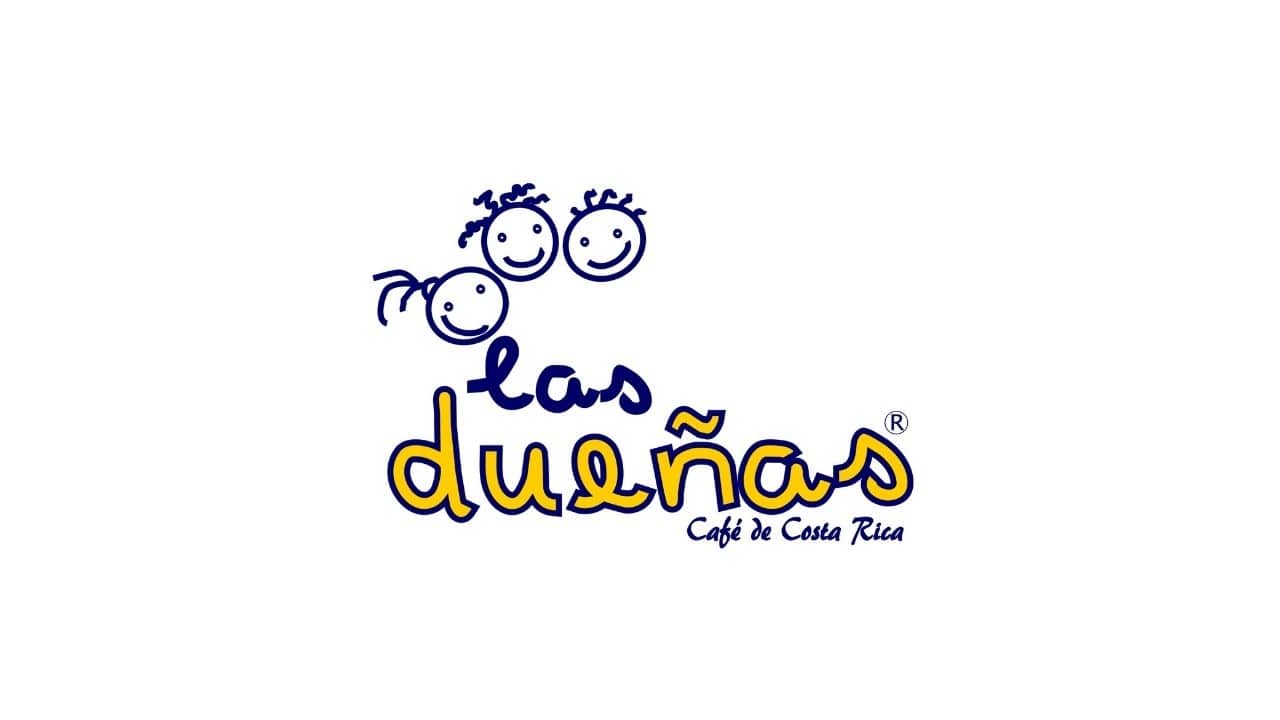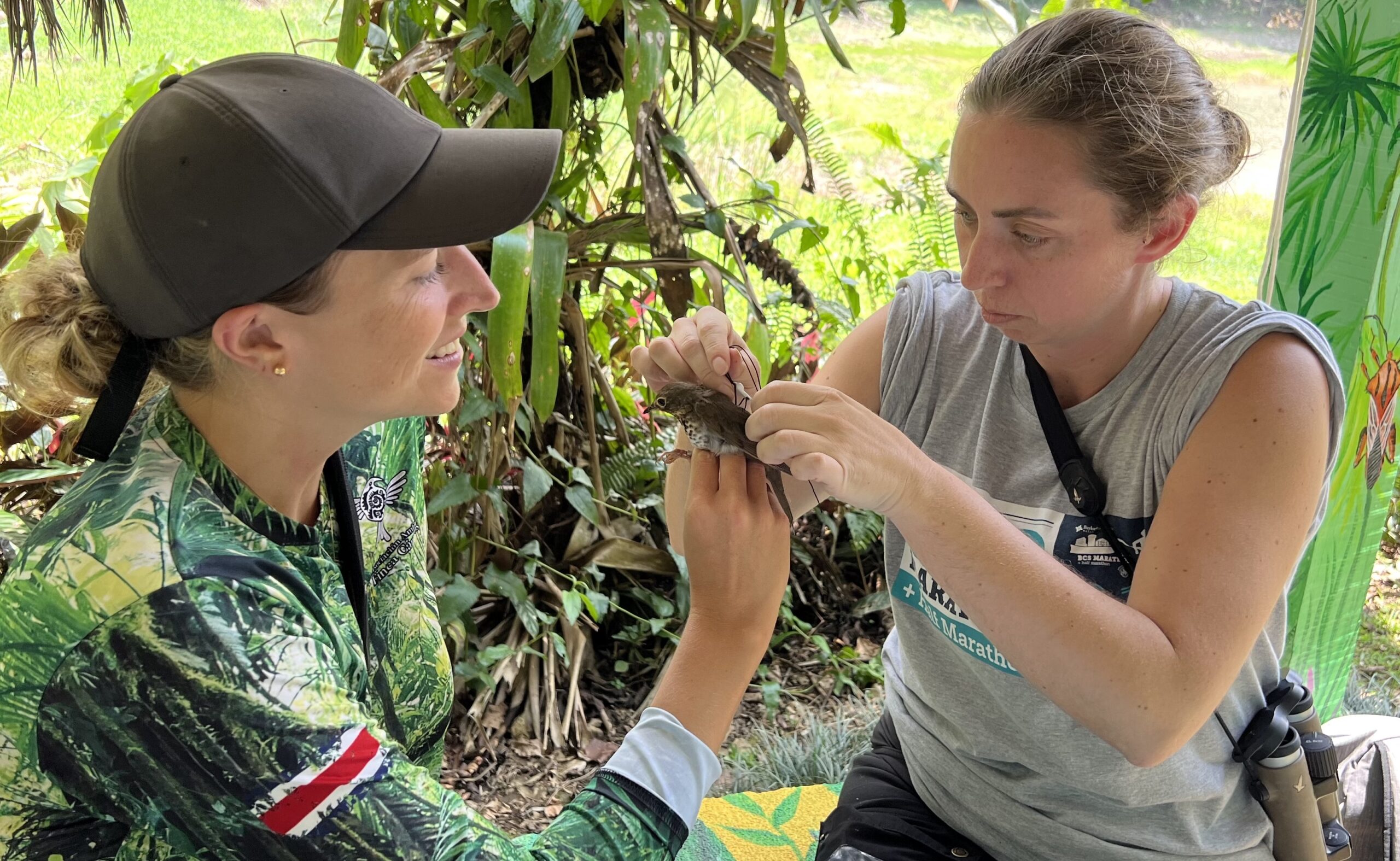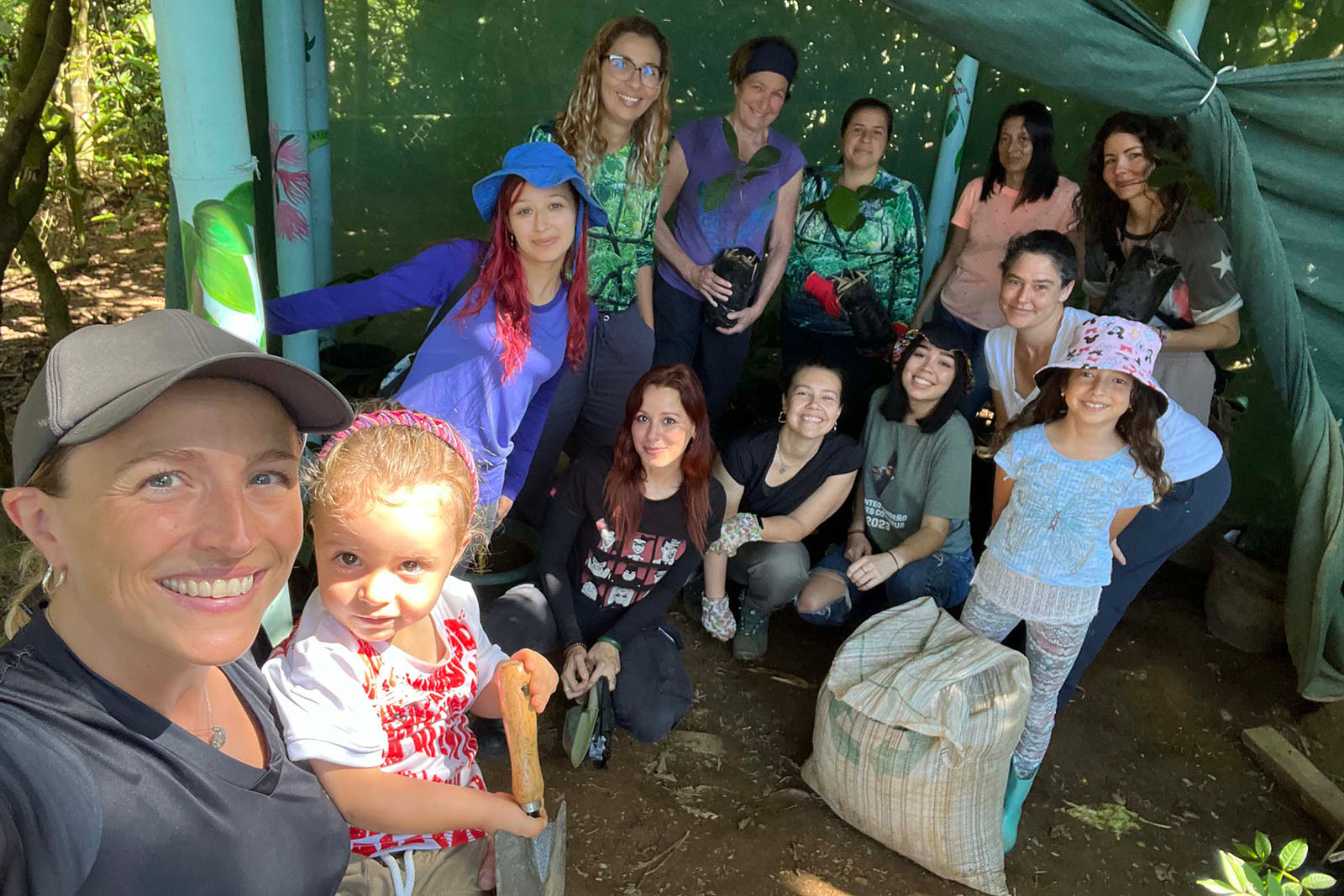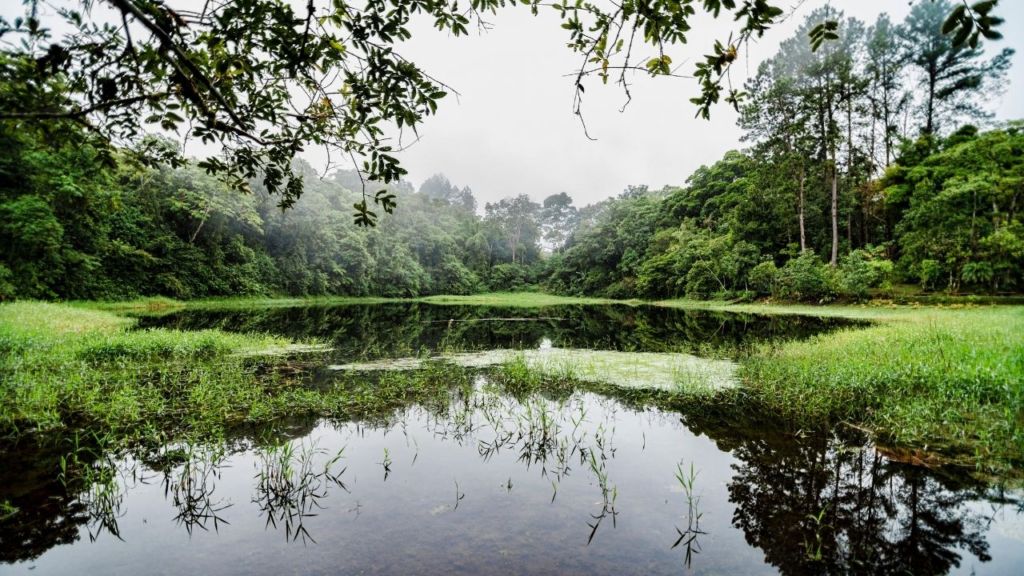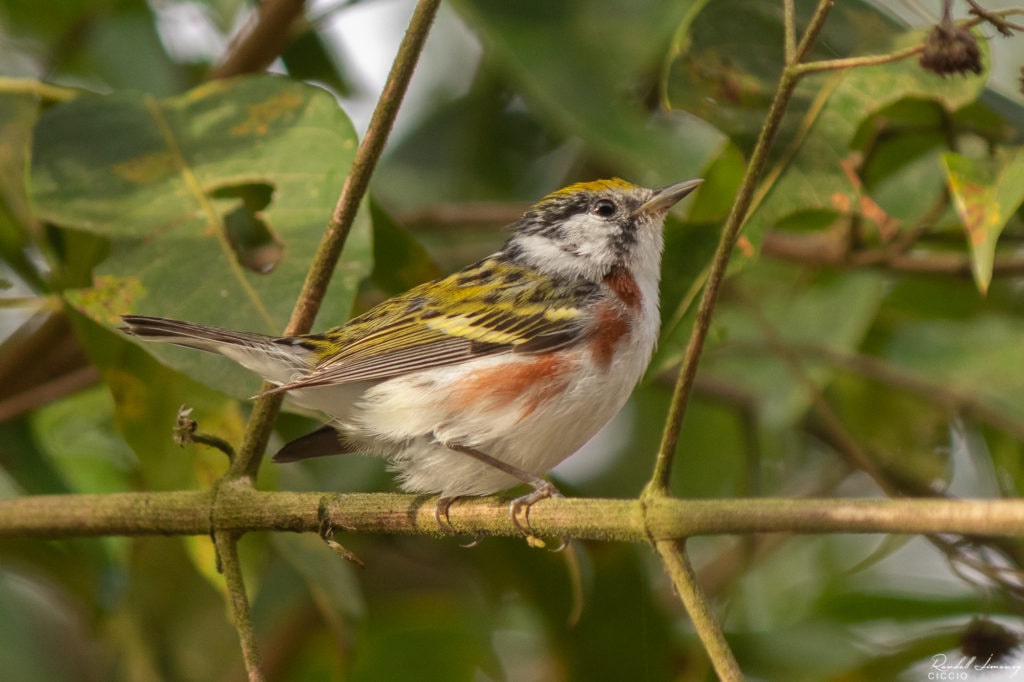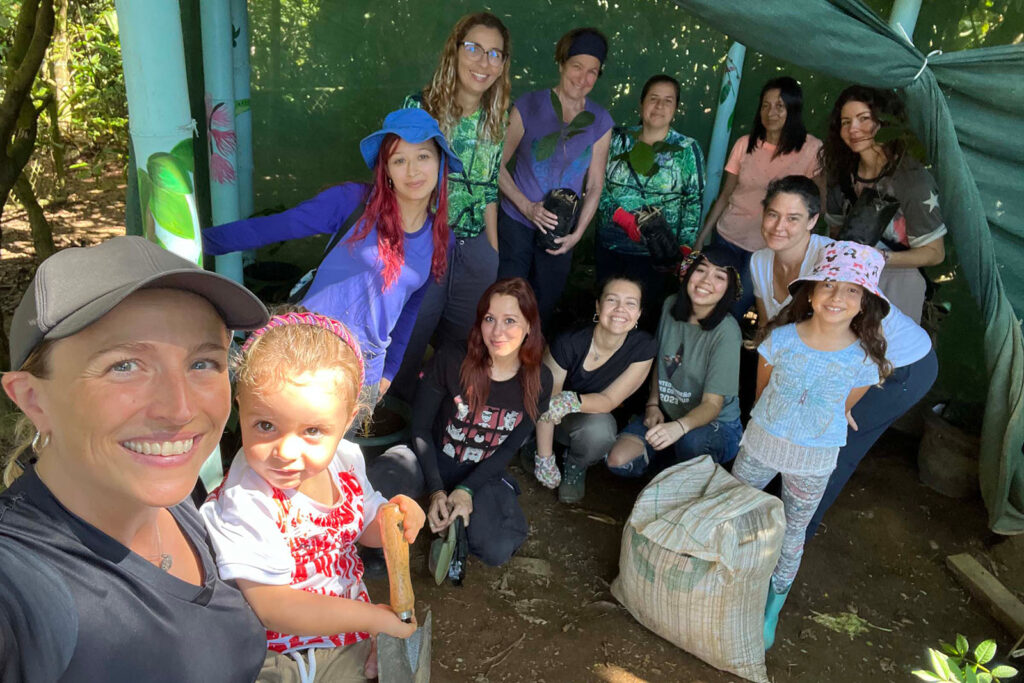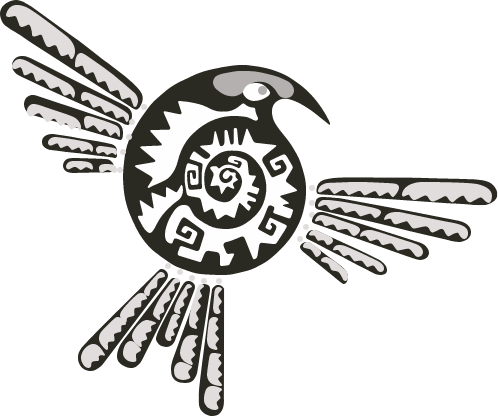I sat down to an interview with Portuguese aunt and niece Isabel and Ana Gomes da Silva one sunny day when they came to Finca Cántaros to deliver an aromatic order of their Las Dueñas Coffee. I consider it the official brew of our new Finca Cántaros Environmental Association.
Isabel and Ana are two of the three “Las Dueñas,” and the second niece, sister and Dueña is Dina. Ana is in charge of the agricultural component of their coffee business here in the county of Coto Brus, while Isabel and Dina are in charge of the marketing, sales and management of the farm. I wanted to know more about these interesting women and what led them to move from afar to this less-travelled corner of Costa Rica, in pursuit of a dream that blends environmental and social values. This is a story I can very much relate to. Our conversation (over a pot of their coffee, of course!) coloured in some details.
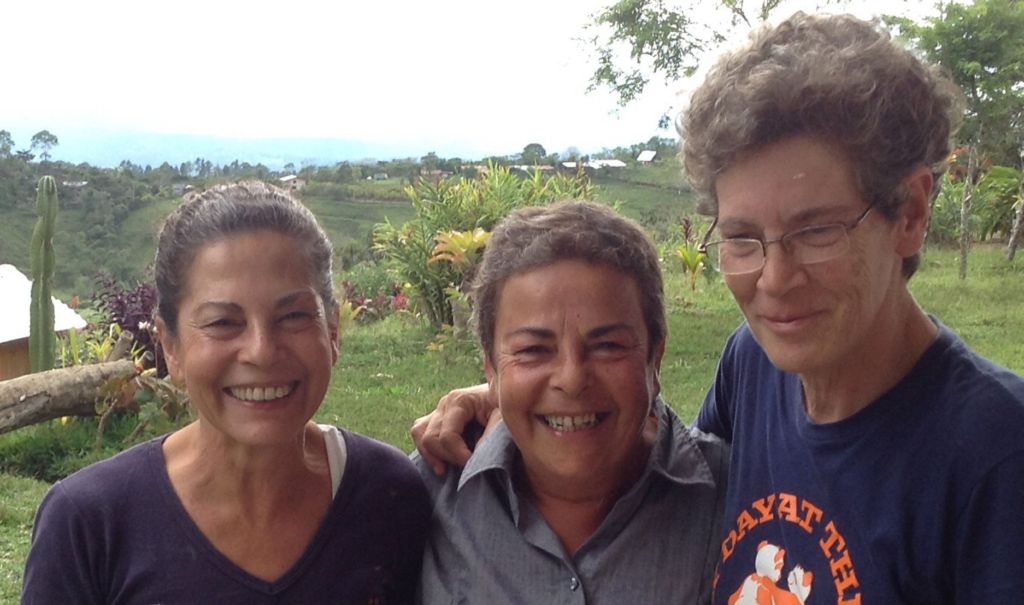
I knew that the two sisters and aunt are from Portugal originally, but did you know that they lived on a coffee farm in Angola when they were young? While Africa is of course very different from Central America, they were drawn to certain parallels of rural living, as they were tired of the city life in Portugal’s capital, Lisboa. They appreciate not only the astounding natural beauty of Coto Brus, but also the sense of safety and peace they feel here.
But how did they come to settle in Costa Rica, let alone Coto Brus? Dina set foot in the country for the first time while on holiday back in 2011, invited by a friend who lives in Manuel Antonio (several hours north of Coto Brus). And in a Skype conversation with Dina, the friend suggested in jest that they start growing and selling coffee.
It was a joke they ended up taking seriously and acting upon swiftly. That same year they started looking for property, and within six months they found and bought one here in the south, where more land was available at a price that matched their budget. I think Gail and Harry Hull, the previous owners of Finca Cántaros, thought I was joking (or perhaps crazy, or both!) when I told them I was interested in buying the property after only the first tour. But I was moved in within less than a calendar year.
Finca Cántaros no longer has the gift shop that Gail ran for many years in combination with entrance fees to the incredible nature reserve she created through her reforestation efforts. This decision was made as part of the transition to a non-profit organization focused on environmental education, forest restoration and research. But while we no longer sell the Las Dueñas coffee commercially, at the Finca Cántaros Environmental Association team meetings I want to get everyone’s brains fired up and taste buds tingling with delight by serving coffee that is not only delicious, but grown with both sustainability and community in mind. These environmental and social values align with the mission of the organization: connecting communities through conserving biological corridors.
Isabel and Ana are also exploring how the land where they grow their coffee can contribute to the regional biological corridor efforts, by meeting with Rodrigo Da Sousa and his team from the organization Osa Conservation who are leading the Reef to Ridge biological corridor project. They are already a part of Costa Rica’s forest protection program FONAFIO (Fondo de Financiamiento Forestal), and in 2017, they were selected to be part of NAMA (Nationally Appropriate Mitigation Actions) program, to help the Costa Rican goal of carbon neutrality in 2021.
From the inception of Las Dueñas, the Las Dueñas themselves have been committed to sustainability, making it a core guiding principle of their business. Isabel and Ana explained how they are motivated by a conservation ethic they have carried from a young age. They feel this ethic has been further cultivated by life in Coto Brus, where they are not only immersed in nature but removed from the consumer culture of cities. This atmosphere has encouraged them to love living with less.
It is also an atmosphere that has inspired and allowed them to plant over 5,000 trees on their property, in an effort to “continuously reforest their coffee plantation with native species to shade, protect and enrich the forest.” Further, they always seek training and information around new practices that can allow them to not use pesticides and minimize the carbon emissions of their operations. Despite all of these laudable environmental efforts, it is complicated for them to obtain an official organic certification, because the neighbour uses pesticides on his land. However, they can still market and sell their coffee as a premium product, and they have had great success selling their high quality beans in the tourist market of the southwestern zone of Costa Rica. The global pandemic has impacted sales to some extent, but it has also highlighted the strength and loyalty of their client base, to whom they continue to make sales.
I am inspired by these three strong, intelligent Dueñas who have succeeded when some expressed skepticism over the ability of women to take on such a project alone, in a foreign country, and in their non-native tongue. And if you are still looking for Christmas present ideas that will be appreciated and savoured—and make a positive contribution to the environment and community of Coto Brus—I believe you just found some inspiration as well.
Find out more about Las Dueñas Coffee on their website: https://www.lasduenascafe.com
This interview is part of a series featuring local Coto Brus businesses contributing to sustainability and community.
